“The problem is that wind across a tundra and bacon frying are very similar,” said Hollywood composer Hans Zimmer, an artist with 12 Oscar nominations to his name.
His credits include The Lion King, Gladiator and the Pirates of the Caribbean, The Dark Knight, Sherlock Holmes and Dune films.
Electro-symphonic music
The project he’s discussing is the BBC’s impressive new David Attenborough vehicle Frozen Planet II, whose striking visuals are enhanced by Zimmer’s electro-symphonic musical score.
He feels a special attachment to this project, because it reminds him of his late father taking him down to the Rhine as a child and – when young Hans asked about the scum floating on the surface – explaining how the world had been damaged and needed repair.
A throwback to an era
Hans Zimmer: Hollywood Rebel (BBC Two) was a throwback to those days when a personal and professional exploration of a major artistic talent was a regular sight, a furrow now pursued on terrestrial television by Alan Yentob’s Imagine alone.
It was a real treat, both as an insight into any sort of involved creative practice – fans of music and film would have been equally happy – and as a compelling introduction to Zimmer as a person and a composer.
Indeed, where this didn’t entirely escape the trap of being a hagiography, what brought it back to earth was the relaxed presence of the composer himself.
Rags-to-riches
Zimmer made the brilliance of his own work seem commonplace and shifted credit towards the production team he uses; his scores were “our” scores and past assistants, now composers themselves, were interviewed.
In his own life, a rags-to-riches story unfolded. Born in Frankfurt in 1957, he was all too aware of what the Holocaust had done to fellow Jewish families in his neighbourhood.
His father died just before Hans started school and his mother got him piano lessons as a distraction, but he was rebellious as well as naturally talented.
He didn’t enjoy formal music lessons and was expelled from eight schools, before his mother moved them to England.
He was “the genius that the traditional education system failed to crush,” says his former headteacher.
In England he joined a pub band which toured northern clubs, where he created his fictional ideal listener, ‘Doris from Bradford’, who goes to the pub or the movies at the weekend; “she’s a hero to me.”
Composing for the screen
He briefly worked with Trevor Horn’s Buggles, and from a lock-up in London he began composing for the screen, everything from twee gameshow Going for Gold to the simple soundtrack of the 1985 Hanif Kureishi adaptation My Beautiful Launderette.
“If you don’t have a tune you’ve got nothing to hang on to,” he told his business partner Stanley Myers then, words he still lives by.
With contributions from directors including Barry Levinson – who sought out Zimmer for his first big Hollywood break on Rainman in 1988 – Gore Verbinski, Christopher Nolan and Steve McQueen, it feels a suitably comprehensive tale was told.
“There’s nothing that stops playfulness more than seeing somebody taking notes,” said Zimmer at one point, words to live by. “Suddenly it’s a job.”
Throughout, his emphasis on play as work was aspirational.
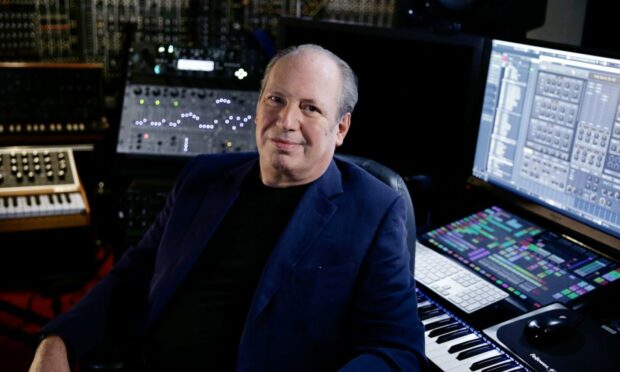
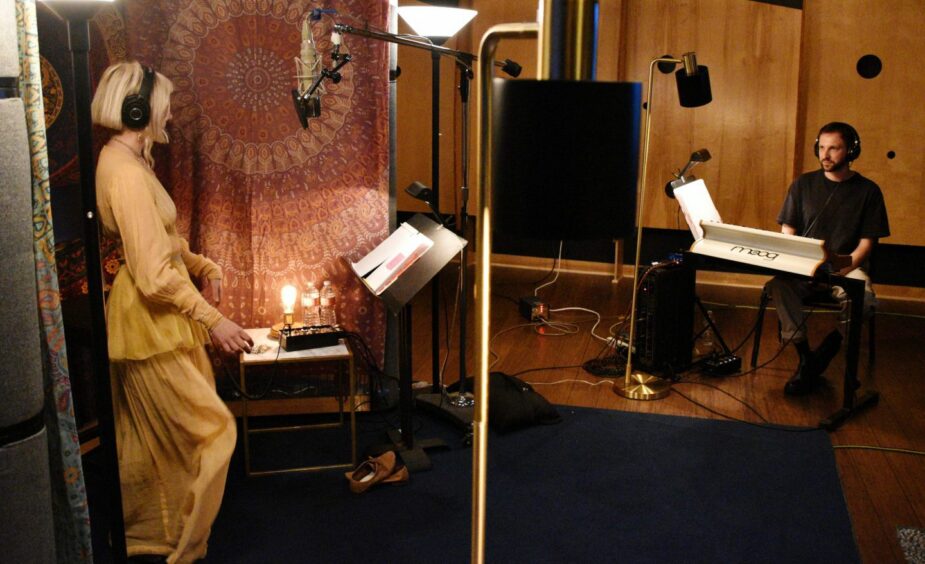
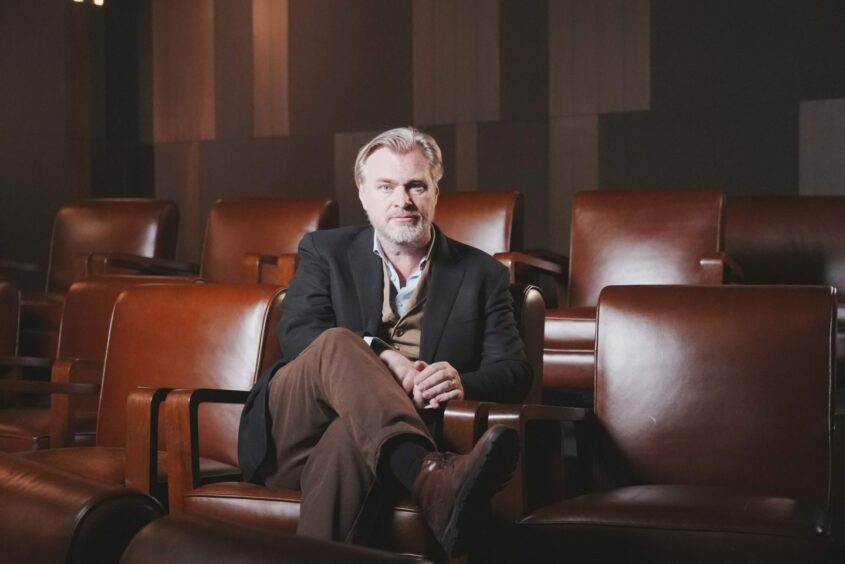
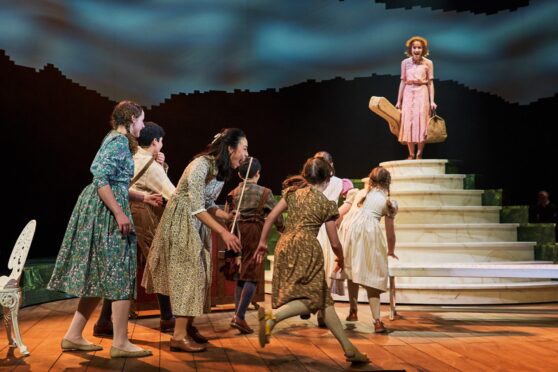








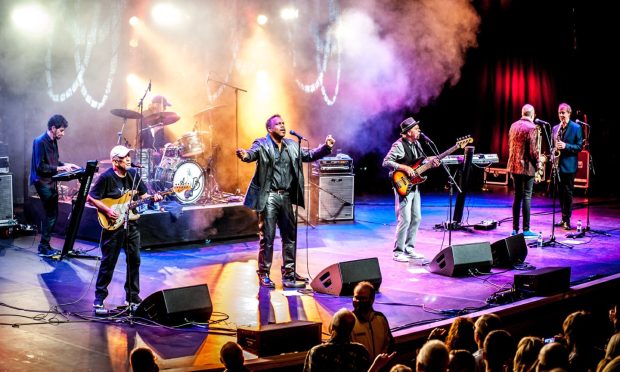
Conversation